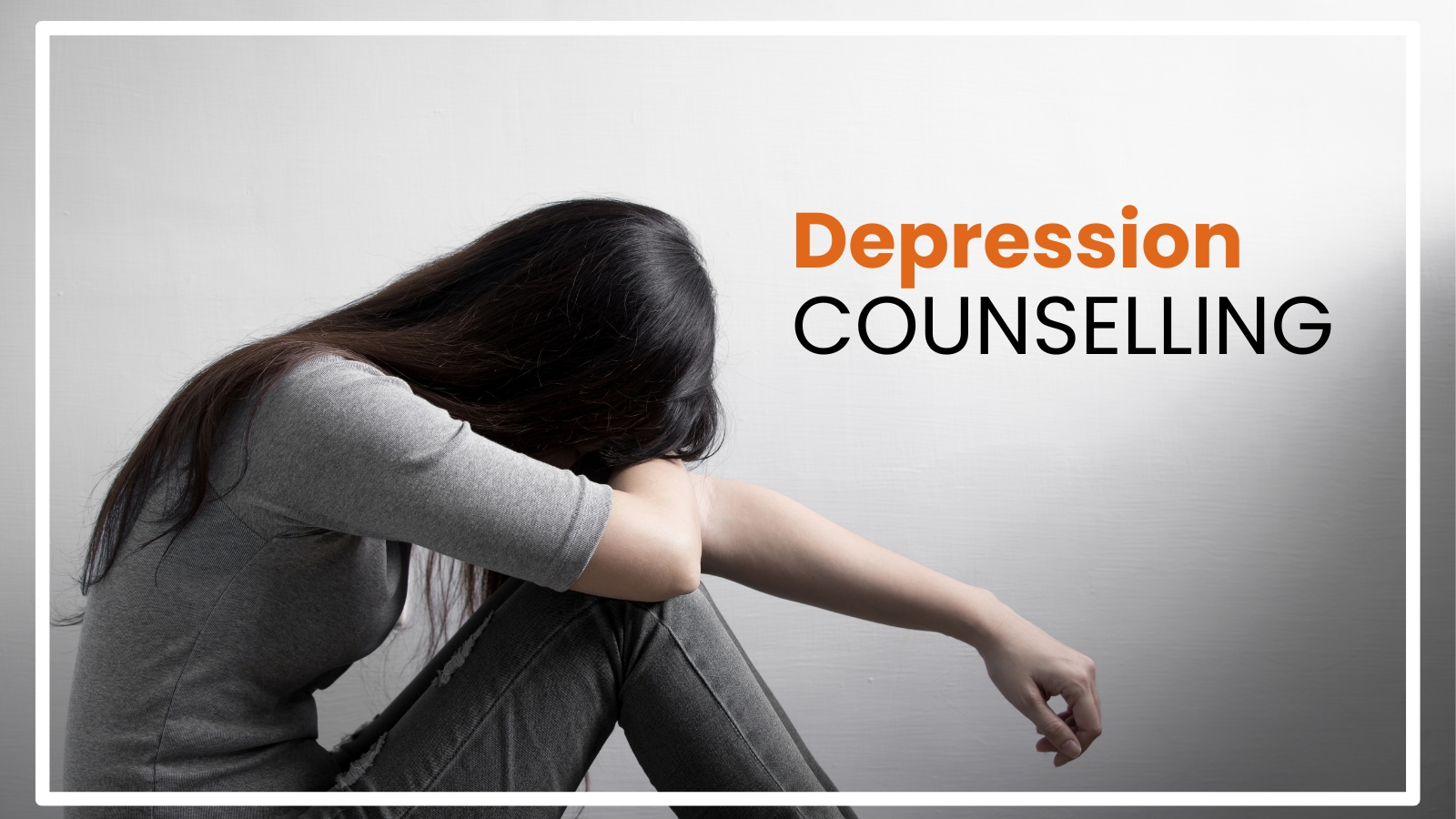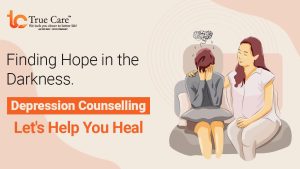Does your child look unusually distressed, bad-tempered or quiet lately? Such mood changes could be due to provisional stress in existence. But how do you know if it’s substance more?
Rates of childhood depression have been upward in the last respective years. Yet, information and awareness about childhood depression have not to grasped at the same ratio. Millions of persons crosswise the world wonder and are uncertain about whether children can get depressed. Many showing good adults still believe that children ‘can’t get depressed. They are so young- what do they have to be unhappy for something? When we were at that point of age, we were just overwhelmed. Close to disagreement is stigma and the idea that mental illness is a forbidden subject.
Depression is more than just an uneasy feeling—it is a time of frustration, extreme discouragement, anger, or irritation that can end time for weeks, months, or longer. These emotions can make it dissimilar for children and teens to function as they regularly would, to get through the day, or to look out for joy in things they usually enjoy. It is essential to speak to your child and let them know that it is good to feel this way and to search for guidance from medical experts.
What we now know
- Childhood depression is an actual, unmistakable clinical existence.
- It is a severe health circumstance, which, if left unprocessed, increases the risk of future, continuing for a notably long time and more serious depressive episodes. Unprocessed depression in childhood and adolescence can assume a posture risk of suicide.
- Depression frequently has biological, mental health, and social corroborates. An individualized therapy plan that inspects and addresses these features works great.
- Successful treatment choices for childhood and teen depression have mainly been tested, proven and entrenched through some scientific studies over the years.
- Childhood depression can be concealed and, therefore, in an effortless manner, missed. Timely identification and therapy can be life-changing and existence-saving.
Who is Influenced by Depression in Childhood or Teens?
-
We completed it can emotionally overwhelming and disturbing when a child faces depression. It is essential to know that depression is a treatable medical situation and that there are levels you can take to help your child get better off and manage with their depression.
Depression can influence anyone. However, children or teens who have family members with a past of depression or another mood of childhood disorders (such as bipolar disorder) are more likely to suffer from depression, frequently due to genetic susceptibility. Susceptibility implies greater likelihood; it does not mean that the child or teen will inevitably undergo depression.
Typical signs of depression in children and adolescents include:
- Emotionally or to be currently depressed, sad, tearful, or bad-tempered
- At least enjoying things as much as they utilize to
- Spending minimum time with friends or after school is something you do
- Changes in appetite and weight
- Sleeping more or less than usual
- Feeling exhausted or having less vitality
- Emotionally like everything is their mistake, or they are not good at anything
- Having more trouble centralizing
- Affectionate less about school or not doing as well in school
- Having thoughts of suicide or deficient to die
What are the Signs of Childhood Depression?
- Emotions of sadness, hopeless or incapable
- Feeling insufficient
- Low self-esteem
- Difficulty with connections
- Problem making decisions
- Immoderate guilt
- Loss of attentiveness in usual activities
- Decreased energy
- Changes in diet or weight either increased or decreased
- Concentrating struggling
- Hypersensitivity to failure or non-acceptance
- Sleeping too much or too less
- Frequent physical objections such as headaches, stomach pain, or tiredness
- Running away or warning of running away from home
- Suicidal thoughts
- Irritability, bitterness, aggression
Learn more about Counselling for Depression in India
Symptoms and signs of depression differ by age and by individual and can look dissimilar in children than in adults. At a minimum, one of the following foremost symptoms of depression is always present:
-
- Frustration, distress, or hopelessness most of the day, almost every day
- Reduced interest or happiness in activities that your child usually enjoys
True Care Counseling provides teenagers undergoing symptoms of a mental health situation a new source of hope in an upholding, supportive surrounding staffed by professionals in adolescent mental health. The depression counselling services in Noida for teens at True Care Counseling bring an answer to a problem for teens and their families who show excessive to severe symptoms of anxiety, depression, or other mental health issues




